G-7 Signals Concern on Dollar's Slide, Weaker Growth
By Simon Kennedy and John Brinsley
http://www.bloomberg.com/apps/news?pid=20601087&sid=a7Yh8jULL1W8&refer=worldwide
April 12 (Bloomberg) -- Finance chiefs from the Group of Seven nations signaled concern on the dollar's slide and said the global economic slowdown may worsen amid an ``entrenched'' credit squeeze.
``Since our last meeting, there have been at times sharp fluctuations in major currencies, and we are concerned about their possible implications for economic and financial stability,'' the G-7's finance ministers and central bankers said in a statement after talks in Washington yesterday.
The officials downgraded their outlook for the world economy from that of two months ago, blaming the U.S. housing recession, credit-market turmoil, commodity prices and inflation pressures. The dollar has lost 8 percent against the euro and 6 percent versus the yen since the G-7 last met in Tokyo in February.
``They ratcheted up the currency rhetoric a notch or so,'' said Marc Chandler, global head of currency strategy at Brown Brothers Harriman & Co. in New York. ``They're trying to buy some time for the dollar.''
The new language was the first significant change in the G- 7's view of currencies since a February 2004 meeting in Boca Raton, Florida. The U.S. currency reached a record low of $1.5913 against the euro this week.
Monitoring Markets
``We continue to monitor exchange markets closely, and cooperate as appropriate,'' the G-7 said.
Treasury Secretary Henry Paulson said the change in the G-7 statement on currencies ``reflects market developments and changes in the markets.'' He also said he told the G-7 ``in very strong terms our commitment to a strong dollar.''
``They're trying to discreetly throw a lifeline to the dollar,'' said Sophia Drossos, a currency strategist at Morgan Stanley in New York, who used to help manage the Federal Reserve's foreign-exchange holdings. ``Had they not said anything, the dollar would have resumed its sell-off. This acknowledges there has been increased volatility.''
Policy makers laid out a 100-day plan to strengthen regulation of capital markets. They urged financial companies to ``fully'' disclose in their mid-year earnings reports their investments at risk of loss. Firms should also establish ``fair value estimates'' for the complex assets that investors have shunned and boost their capital as needed, the G-7 said.
`Entrenched' Turmoil
``The turmoil in global financial markets remains entrenched and more protracted than we had anticipated,'' the officials said in their statement. ``Near-term global economic prospects have weakened.''
The G-7 pledged to implement further monetary and fiscal policies ``as appropriate'' without giving details.
The officials met after the International Monetary Fund this week estimated a 25 percent chance of a global recession this year. A collapse in the market for U.S. subprime mortgages has pushed the U.S. toward its first contraction in seven years and prompted banks to shun lending after $245 billion of asset writedowns and credit losses since the start of 2007.
While the dollar's drop has helped support the U.S. economy by boosting exports, its acceleration triggered criticism from officials abroad worried that their own shipments may be hurt.
``We don't like the recent moves,'' Luxembourg Finance Minister Jean-Claude Juncker, who heads a group of counterparts from the euro area, told reporters in Washington. Canadian Finance Minister Jim Flaherty said the dollar's drop ``has been borne primarily by the Canadian dollar and also by the euro and the yen.''
Skepticism
The G-7 may fail to reverse the dollar's slump because there's no sign it's willing to intervene and the U.S. economy is weaker than its counterparts, said Samarjit Shankar, director of global strategy for the foreign exchange group at Bank of New York Mellon in Boston.
The Fed has tried to avert recession by cutting its benchmark interest rate 3 percentage points since August, yet the European Central Bank has left its unchanged at a six-year high of 4 percent amid inflation at a 16-year high.
``Growth differentials are still stacked up against the dollar and since there's no sign whatsoever that the group is about to intervene, that clears the way for further dollar weakness,'' said Shankar, who predicted the dollar will reach $1.60 per euro.
China's Yuan
The G-7 again urged China to allow ``accelerated appreciation'' in its currency, while acknowledging its recent rise through 7 per dollar for the first time since a fixed exchange rate ended in 2005.
The group pledged ``rapid implementation'' of recommendations from the Basel-based Financial Stability Forum published yesterday. The FSF report aims at increasing transparency and cooperation among international bank supervisors.
In the next 100 days, the G-7 demanded that regulators revise liquidity risk management rules, improve accounting standards for off-balance-sheet units and enhance guidance on how assets are fairly valued.
With the credit squeeze now in its ninth month, the G-7 highlighted ``downside risks'' to growth in a ``challenging and uncertain environment.''
Since the G-7 met in February, Bear Stearns Cos. was rescued by JPMorgan Chase & Co. with the help of the Fed, U.S. employers cut jobs for a third month and the price of oil and other commodities reached record highs.
`Very Tough'
``March was a very, very tough month,'' Lehman Brothers Holdings Inc. Chief Financial Officer Erin Callan said in a Bloomberg Television interview yesterday. General Electric Co. Chief Executive Officer Jeff Immelt said ``the last two weeks in March were a different world in financial services.''
Other than promising to ensure ``orderly'' financial markets, the central bankers and finance ministers stopped short of introducing new measures to boost liquidity, even as the cost of borrowing euros and dollars for three months holds at the highest since December. The group said previous efforts by some central banks to bolster liquidity were ``helping.''
French Finance Minister Christine Lagarde said she hoped the warning from the Group of Seven nations against ``sharp fluctuations'' in currencies will strengthen the dollar.
``I hope this concerted wording on currencies will help,'' she said in a Bloomberg Television interview in Washington yesterday when asked how worried she was by the dollar's slide.
Bankers' Dinner
President Nicolas Sarkozy's government recently stepped up complaints that the euro's appreciation against the dollar is pushing France-based companies, including planemaker European Aeronautic, Defence & Space Co., to cut jobs at home and relocate some activities abroad.
Composed of the U.S., Japan, Germany, France, Italy, the U.K. and Canada, the G-7 oversees two-thirds of the world economy. Its officials dined last night with 10 executives from financial companies, including Deutsche Bank AG Chief Executive Officer Josef Ackermann, Lehman Brothers CEO Richard Fuld and Credit Suisse Group chief Brady Dougan.
Sunday, April 13, 2008
Subscribe to:
Post Comments (Atom)

Divided Jerusalem






























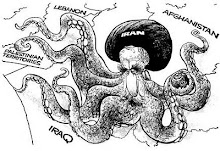





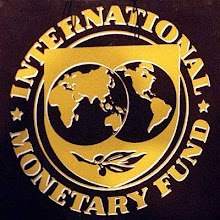
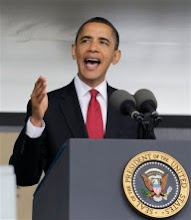
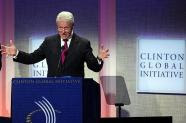






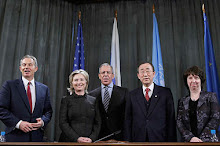
























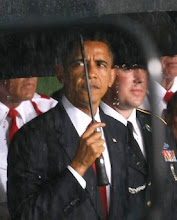



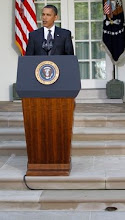




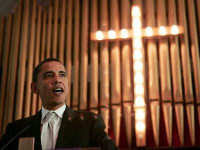













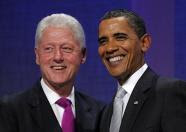

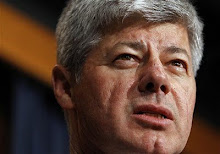




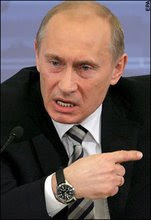


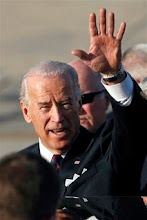


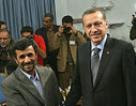+and+Iran%27s+Ahmadinejad.jpg)




















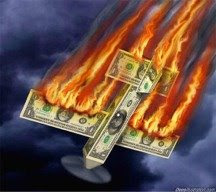
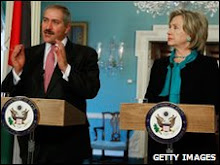











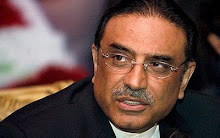




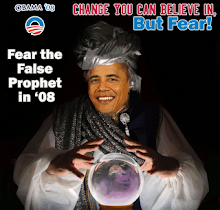




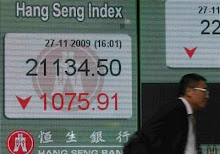






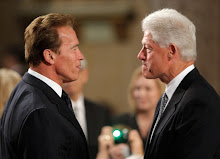


















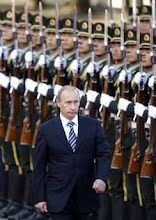


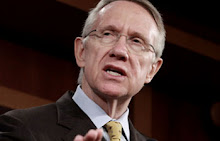
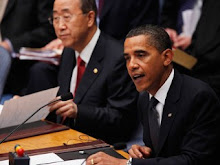
.jpg)









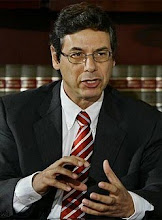







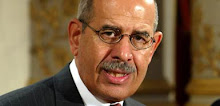



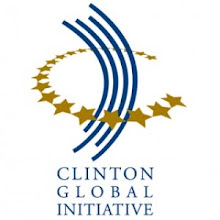





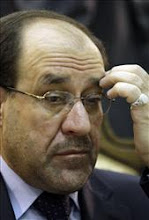










.jpg)



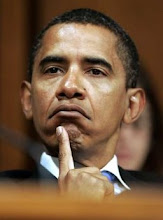

.jpg)











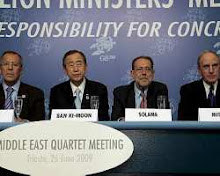









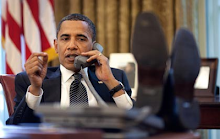







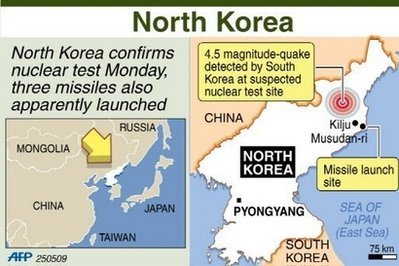





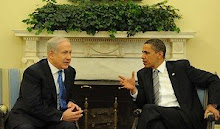



















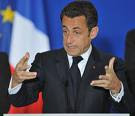




















































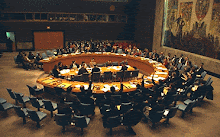




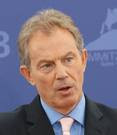






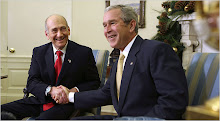
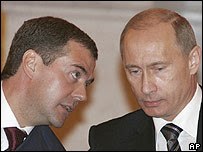











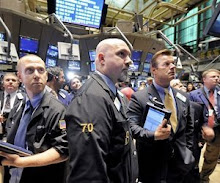













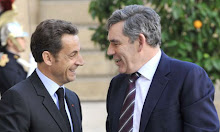






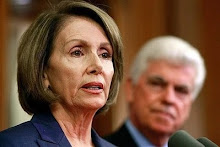
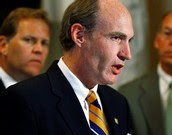.jpg)














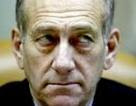



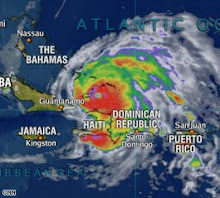




















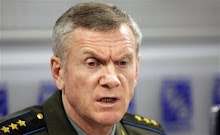
















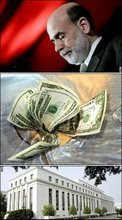


























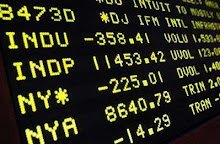





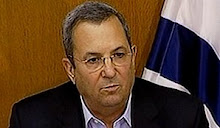
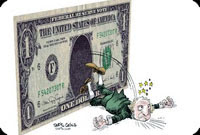

+and+FM+Livni.jpg)
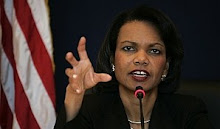
















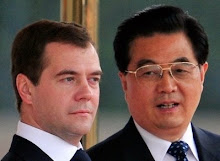
























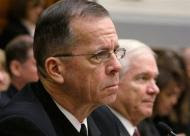









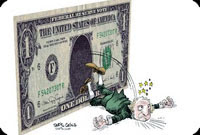







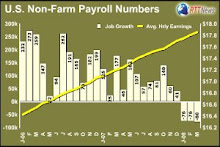


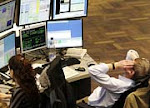







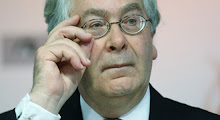



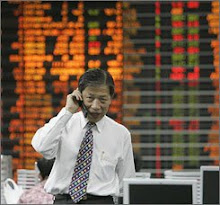
















































No comments:
Post a Comment